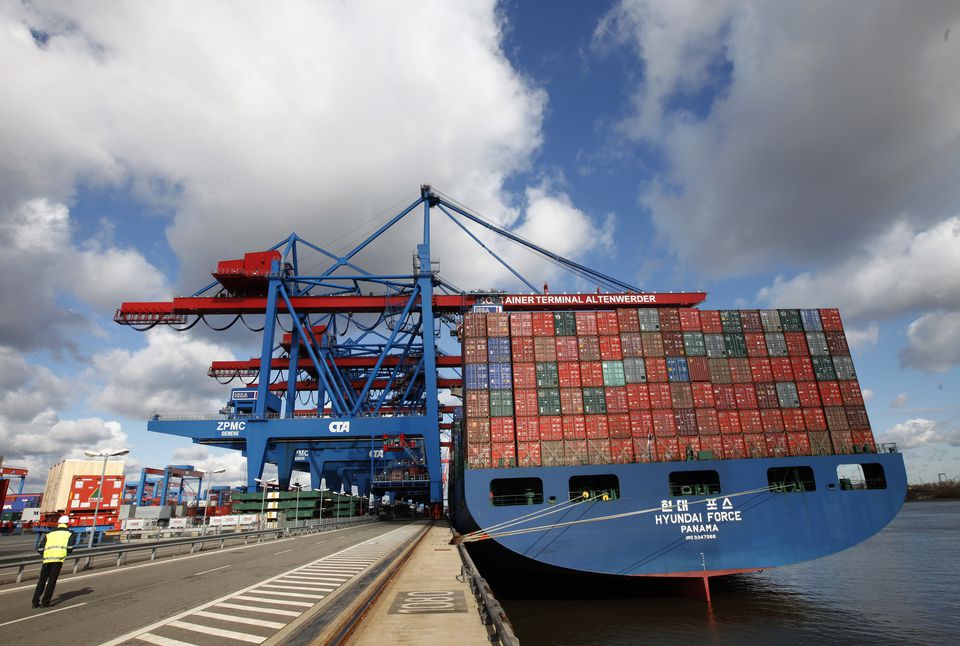The escalating re-routing of ships circumventing the Red Sea due to rising security concerns is reshaping global bunker fuel dynamics, driving heightened demand and soaring prices across strategic ports.
Amidst growing tensions sparked by Yemen’s Houthi militia attacks on merchant ships in the Red Sea, vessels are opting for alternative routes, creating a domino effect that is transforming refueling patterns. This shift is notably impacting ports from Mauritius to South Africa and the Canary Islands, with significant repercussions observed in key bunkering hubs.
Ships are altering course to navigate around the southern tip of Africa, adding considerable travel time to avoid the risk of drone and missile attacks by the Houthis. This redirection has led to a surge in bunker fuel demand at ports like Mauritius’ Port Louis, Gibraltar, and those in the Canary Islands and South Africa.
John A. Bassadone, founder and CEO of independent bunker supplier Peninsula, highlights the resulting congestion in bunkering ports around Africa, putting strain on port infrastructure. “Ships are diverting away from the Red Sea and re-routing around the coast of South and West Africa – this increased traffic has created huge congestion,” he stated.
In response to this heightened demand, prices of low-sulphur bunker fuel delivered at Cape Town have spiked by 15% to nearly $800 per metric ton since mid-November, when the attacks commenced, as reported by bunker supplier Integr8 Fuels.
Philip Wang Balke, a senior bunker trader for Africa at Integr8, notes a notable increase in bunker demand and fixtures in South Africa. Supply is tightening as shipowners and operators proactively secure fuel in advance to ensure adequate supplies, adding pressure to the market.
Container ships were the first to divert away from the Red Sea, and now oil tankers and dry bulk carriers are following suit, shifting bunker demand to West Mediterranean ports at the expense of East Mediterranean, industry sources reported.
“We are anticipating increased demand in Las Palmas and Western Mediterranean ports as it’s likely the African ports will exceed capacity,” warns Peninsula’s Bassadone.
While Singapore and Rotterdam have yet to experience a surge in demand, traders predict a potential uptick in the coming weeks. “If the vessels are prone to higher ton-mileage or uncertainties, they are likely to fill up their tanks in case they end up at expensive ports,” explains an Asia-based bunkering manager.
Spot premiums for prompt low-sulphur bunker fuel delivered at Singapore have risen, reaching $25 to $30 a metric ton above cargo quotes in mid-January, indicating a market response to the evolving global shipping landscape.



